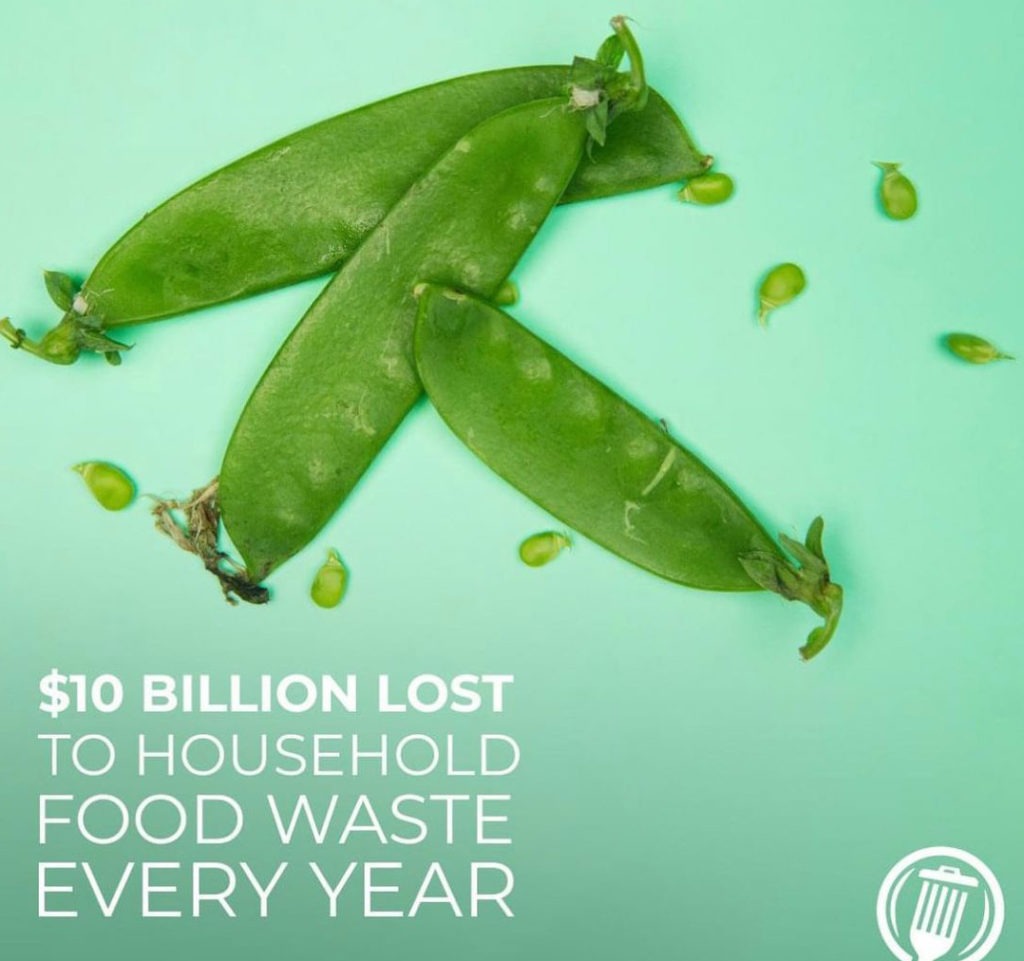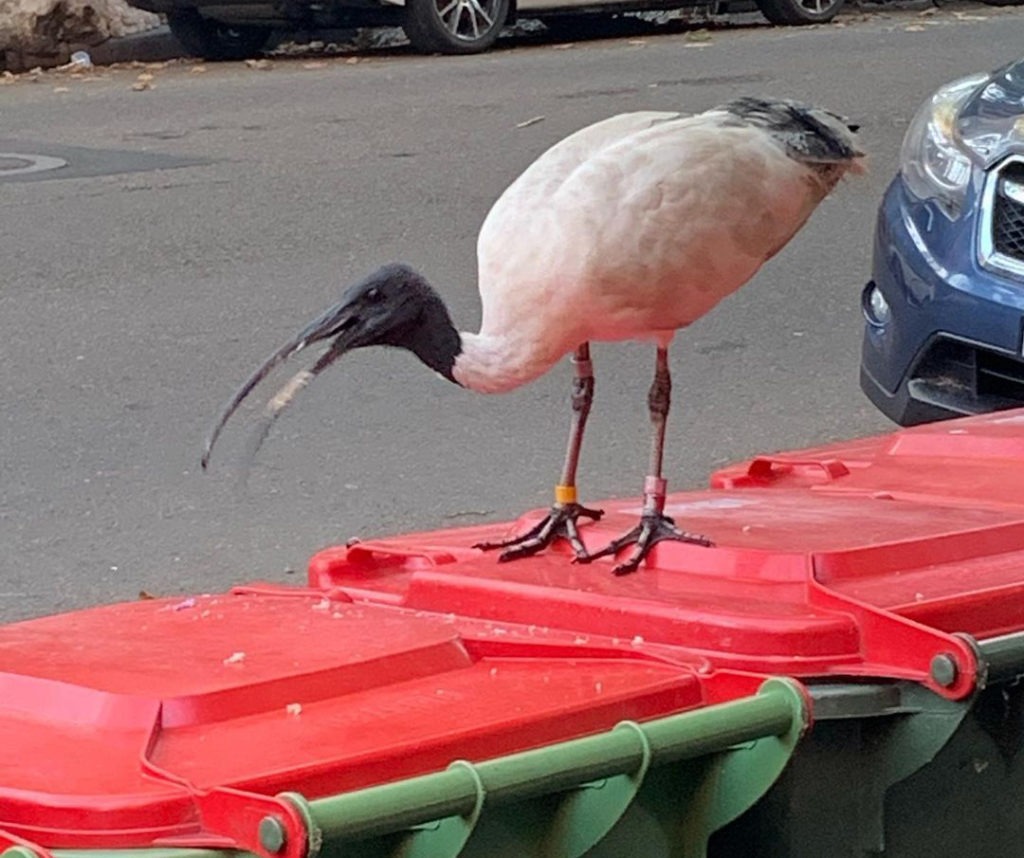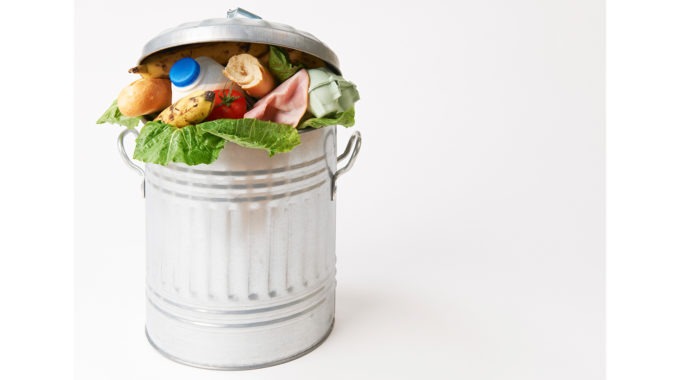Looking for answers in Adelaide bins
The things you do in the name of research. University of Adelaide scientists are about to dive deep into green, red and yellow household bins in the Adelaide City of Burnside in an attempt to understand food waste behaviour through micro-auditing the contents and tracking seasonal variations. The goal is to gain a handle on the “what, where and why” of household food waste behaviour, with Aussie households currently spending up to $3800 a year to buy food that isn’t eaten – at an annual cost of $10 billion nationally.
Where food waste diversion systems are provided by councils, householders are requested to place all food waste in the green bin, not in the landfill bin. But previous audits have found that around 87 percent of food waste in Adelaide councils serviced by waste collection company East Waste goes into the landfill bin instead of the composting (green) bin – at unnecessary cost to household budgets, council rates and the environment.

Professor Sarah Wheeler, from the University of Adelaide’s Centre for Global Food and Resources, says that food waste remains a major challenge for Australians, with our country listed in a recent global report as the world’s fourth biggest food wasters.
“We all need to reduce the amount of food waste sent to landfill and its significant impacts on our environment, economy and society,” she says. “Historically, past education programs have had limited effect in changing behaviours. What we do know is that every household in the country will save money if it wastes less food and disposes of it properly.
“If we’re to change our behaviours, we need to know why we as a community behave the way that we do and what it will take to change. This study aims to answer those questions.”

Researchers will audit the contents of 200 sets of green, red and yellow bins randomly selected from households. This will be backed by face-to-face interviews and online surveys with householders and the wider community. Bins from selected households will also be weighed upon collection to track seasonal variations during a year.
The university will be contacting households to inform them about the study and give them the chance to opt out. Bin contents won’t be publicly identified; the researchers are the only ones who’ll see the results of individual audits, which will remain confidential.

Fight Food Waste Cooperative Research Centre CEO Dr Steven Lapidge says that every year, 2.3 million tonnes of food waste from Australian households are sent to landfill to rot and generate greenhouse gas instead of being used for composting to improve our soils.
“If diverted from landfill to compost, this household food waste would save millions of dollars each year, create jobs, improve soil and reduce by around 4 million tonnes the annual amount of greenhouse gas generated in Australia,” he says.
The research results will be used to develop more impactful programs to change behaviour in households. The researchers say success will bring Australia closer to a circular economy that eliminates waste and saves money for both households and councils.









